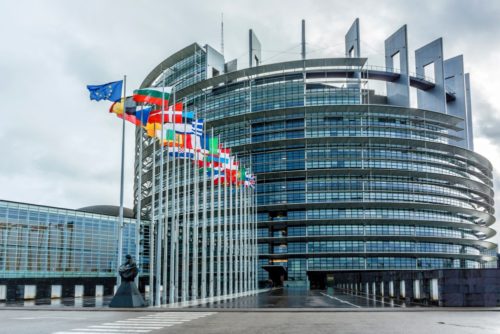
Ecological Restoration and the European Policy Context
The adoption of the Nature Restoration Law by the European Union in 2024 marks a significant milestone in the EU’s commitment to ecological restoration. This legislation confirms the EU’s strategic policy focus on biodiversity, ecosystem resilience, and climate change mitigation as key elements of a more sustainable and liveable Europe.
The Regulation sets legally binding targets for the restoration of degraded ecosystems across member states, aiming to restore 20% of the EU’s land and sea areas by 2030. This policy framework provides strong support for large-scale ecological restoration projects, fostering collaboration among stakeholders and ensuring that restoration efforts are integral to achieving the EU’s broader environmental and sustainability goals.
Our reaction here.
The Role of SER-Europe in Driving Forward the Next Steps for NRL
In response to the new EU Nature Restoration Law, SER-Europe is intensifying its efforts to support the implementation of this ambitious legislation at the national and EU levels.
SER-Europe provides expertise, training, guidance, and resources to facilitate large-scale ecological restoration projects across Europe through the National Restoration Plans. This includes developing best practice guidelines, organising workshops and training sessions for trainers and practitioners, and fostering collaborations between scientists, policymakers, and local communities.
Additionally, SER-Europe is advocating for increased funding and support for restoration initiatives, ensuring that they align with both the ecological goals set out by the EU and the socio-economic needs of the regions involved. Through these actions, SERE plays a pivotal role in realizing the EU’s vision of a restored and resilient natural environment.
Learn more about our work on the NRL:
- Summary of the 2025 International Workshop on Prioritising Restoration under the Nature Restoration Regulation
- Driving European Nature Restoration
- SERE’s Comments on the Draft Regulation for National Restoration Plans
- SER-Europe in support of the implementation of the EU Nature Restoration Regulation
- Resources on the Nature Restoration Regulation
- Tartu Declaration on the Nature Restoration Law: Make it Happen!

